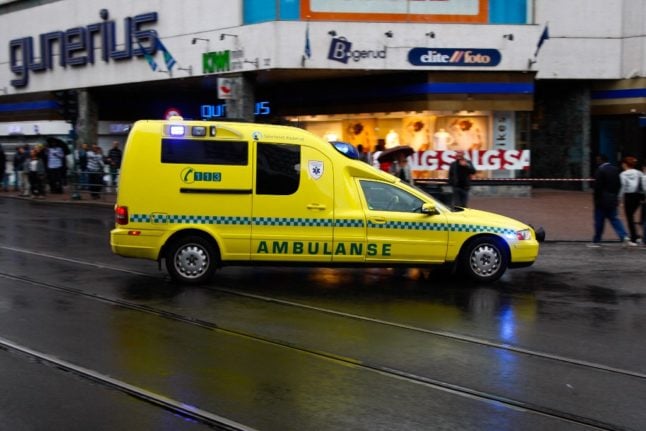Seven members of staff at the Jean Monnet hospital in Epinal, north eastern France, will be tried, including two doctors, one radiologist and four public health professionals.
The alarm was first raised in 2006, when it was discovered that several hundreds of patients, mostly being treated for prostate cancer, had received doses of radiation well over the recommended amount.
It is thought the malpractice started as early as 2001, where more than 400 patients received a dose 8 to 10 percent higher than they should have. Between May 2004 and August 2005, 24 patients reportedly received doses 20 percent higher.
Two theories have been put forward for the error – the wrong measurement may have been entered into the software of new apparatus which were put in place in 2004, and a failure to recognise the extra high doses when measuring radiation levels after the treatment.
Families of the victims and other patients at the hospital hope the trial will uncover why the affair was left hidden for so long.
Doctors reportedly knew of the mistakes made in 2006, but failed inform patients until an inspection discovered them in 2007.


 Please whitelist us to continue reading.
Please whitelist us to continue reading.
Member comments